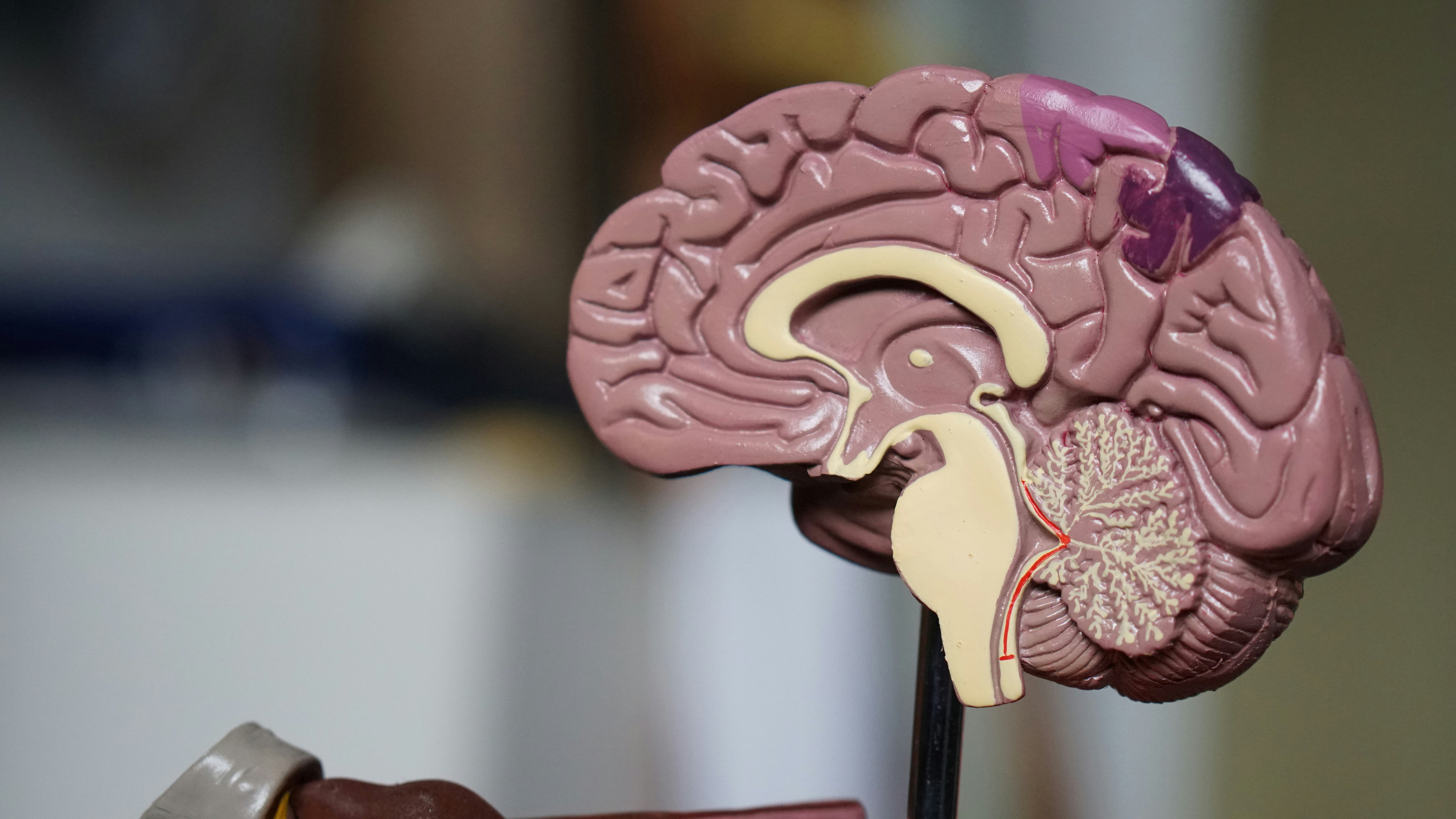Chronotherapy: Aligning Your Body's Clock for Optimal Health
Is your daily routine working against your natural biological rhythms? Discover how chronotherapy, a cutting-edge approach to health, can revolutionize your well-being by syncing your lifestyle with your body's internal clock. Are you ready to unlock the secrets of time-based healing and optimize your physical and mental performance?

The Science Behind Chronotherapy
Chronotherapy is rooted in the study of chronobiology, which examines the cyclical nature of biological processes. At the heart of this field is the circadian rhythm, a roughly 24-hour cycle that regulates numerous physiological functions. This internal clock is primarily controlled by the suprachiasmatic nucleus (SCN) in the brain, which responds to environmental cues like light and darkness.
Research has shown that nearly every cell in the body has its own circadian clock, coordinated by the master clock in the SCN. These cellular timekeepers influence the expression of thousands of genes, affecting processes such as metabolism, immune function, and cellular repair. By understanding and working with these rhythms, chronotherapy seeks to enhance the body’s natural healing capabilities and improve overall health.
Applications in Modern Medicine
Chronotherapy has found applications across various medical specialties, demonstrating promising results in treating conditions ranging from cancer to cardiovascular diseases. One of the most notable areas is cancer treatment, where the timing of chemotherapy administration has been shown to significantly impact efficacy and reduce side effects.
In oncology, researchers have discovered that cancer cells often have disrupted circadian rhythms, making them more vulnerable to treatment at specific times. By administering chemotherapy drugs when healthy cells are less active and cancer cells are more susceptible, doctors can potentially increase treatment effectiveness while minimizing harm to healthy tissues.
Similarly, in cardiovascular medicine, chronotherapy has been applied to the treatment of hypertension. Studies have shown that taking blood pressure medications at bedtime, rather than in the morning, can lead to better blood pressure control and reduced risk of cardiovascular events. This approach aligns with the body’s natural blood pressure fluctuations, which typically dip during sleep.
Chronodieting: Eating in Sync with Your Body Clock
Beyond medical treatments, chronotherapy principles are being applied to nutrition through an approach called chronodieting. This dietary strategy emphasizes not just what we eat, but when we eat it, based on our body’s circadian rhythms.
Research suggests that our metabolism, insulin sensitivity, and nutrient absorption vary throughout the day. For instance, insulin sensitivity is typically highest in the morning and decreases as the day progresses. This means our bodies are better equipped to process carbohydrates earlier in the day, suggesting that larger, carbohydrate-rich meals might be more beneficial in the morning than in the evening.
Chronodieting also considers the timing of specific nutrients. For example, protein consumption in the morning has been linked to increased muscle synthesis and improved satiety throughout the day. Conversely, eating late at night, especially high-carbohydrate or high-fat meals, may disrupt sleep patterns and metabolic processes.
Sleep Optimization Through Chronotherapy
Sleep is perhaps the most obvious manifestation of our circadian rhythms, and chronotherapy offers valuable insights for improving sleep quality and duration. By aligning our sleep-wake cycles with our internal clocks, we can potentially enhance our overall health and cognitive function.
Chronotherapeutic approaches to sleep disorders often involve carefully timed light exposure and melatonin supplementation. For individuals with delayed sleep phase syndrome, for instance, bright light therapy in the morning and melatonin supplementation in the evening can help reset the circadian rhythm and improve sleep patterns.
Moreover, chronotherapy principles suggest that maintaining consistent sleep and wake times, even on weekends, can significantly improve sleep quality and overall health. This regularity helps reinforce the body’s natural rhythms, leading to better hormone regulation, improved mood, and enhanced cognitive performance.
Challenges and Future Directions
While chronotherapy shows great promise, implementing its principles on a large scale presents several challenges. Individual variations in circadian rhythms, influenced by factors such as age, genetics, and lifestyle, make it difficult to establish one-size-fits-all recommendations. Additionally, modern lifestyles often conflict with our natural biological rhythms, with artificial lighting, shift work, and jet lag disrupting our internal clocks.
Future research in chronotherapy is focusing on developing personalized approaches that account for individual circadian profiles. Wearable technology and mobile apps that track sleep patterns, activity levels, and other physiological markers are paving the way for more tailored chronotherapeutic interventions.
Chronotherapy in Practice: Tips for Aligning with Your Body Clock
-
Maintain consistent sleep and wake times, even on weekends
-
Expose yourself to bright light in the morning to reinforce your circadian rhythm
-
Avoid blue light from screens in the evening to support natural melatonin production
-
Consider timing your meals to align with your body’s metabolic rhythms
-
If taking medications, discuss optimal timing with your healthcare provider
-
Plan high-intensity workouts for the afternoon when body temperature and muscle strength peak
-
Practice relaxation techniques in the evening to prepare your body for sleep
As our understanding of chronobiology deepens, chronotherapy stands poised to revolutionize how we approach health and wellness. By aligning our lifestyles, diets, and medical treatments with our body’s natural rhythms, we have the potential to enhance treatment efficacy, reduce side effects, and improve overall quality of life. Embracing the principles of chronotherapy offers a path to more personalized, effective healthcare, ultimately leading to a healthier, more harmonious existence in tune with our internal biological clocks.




